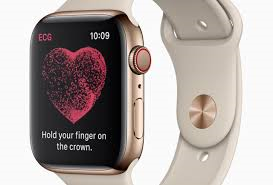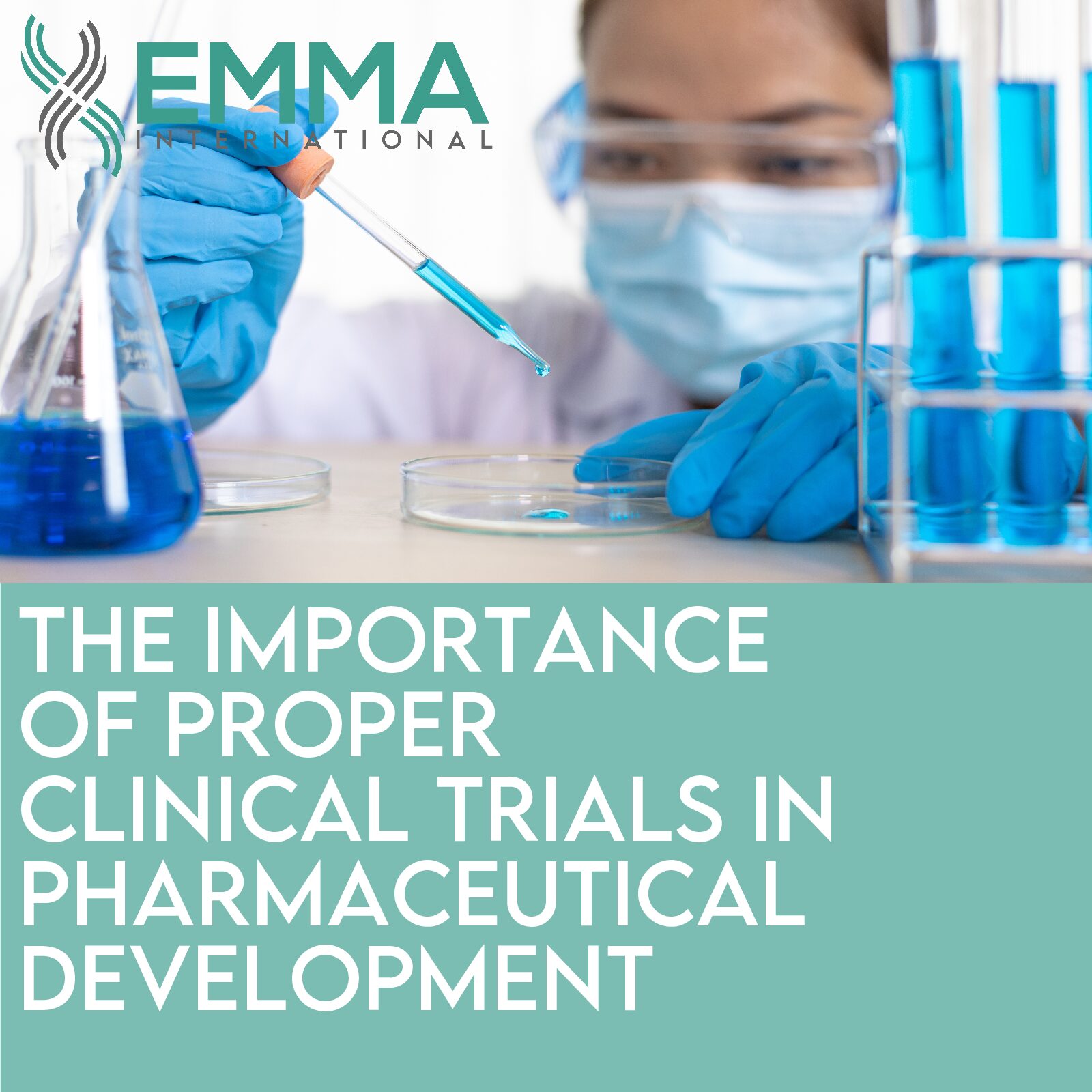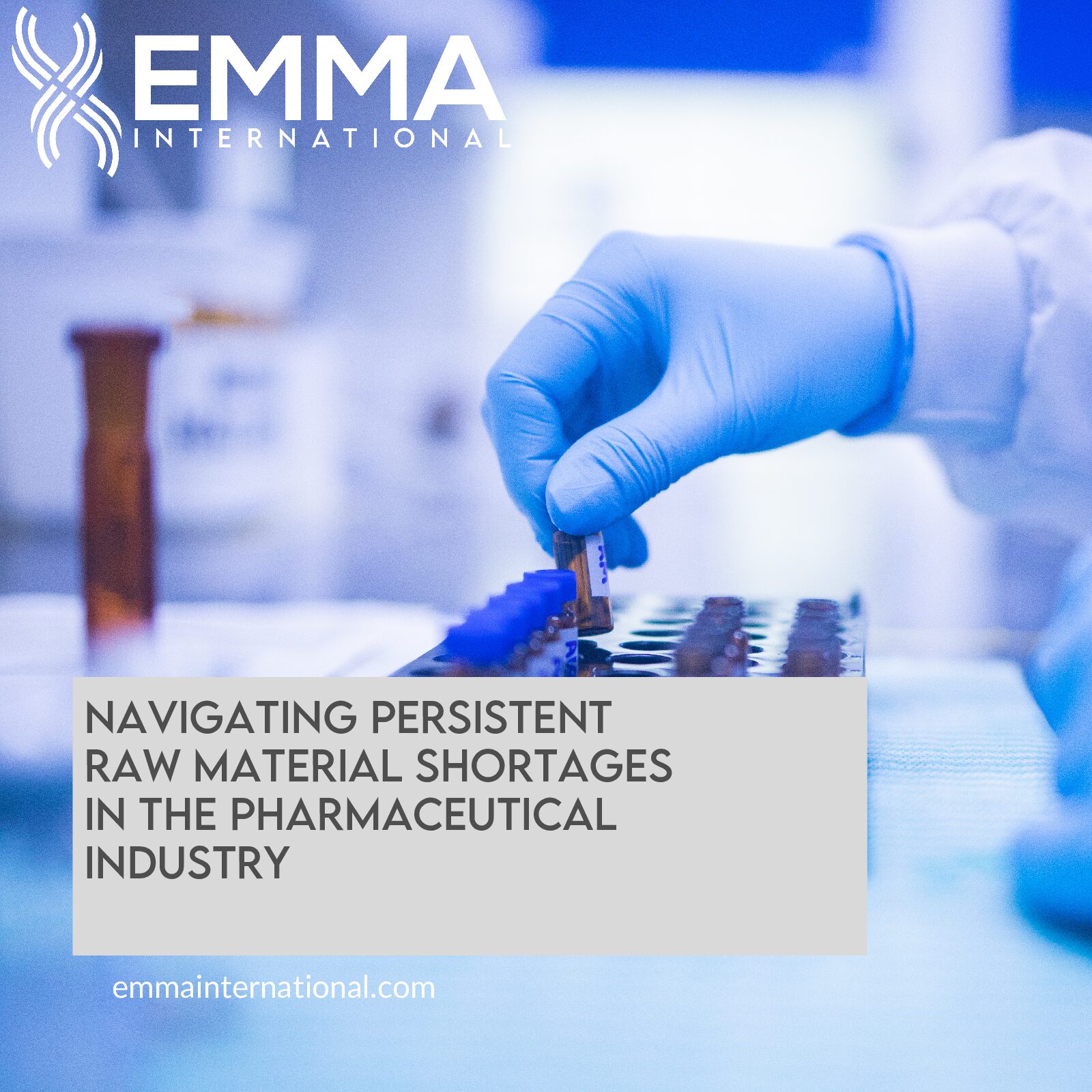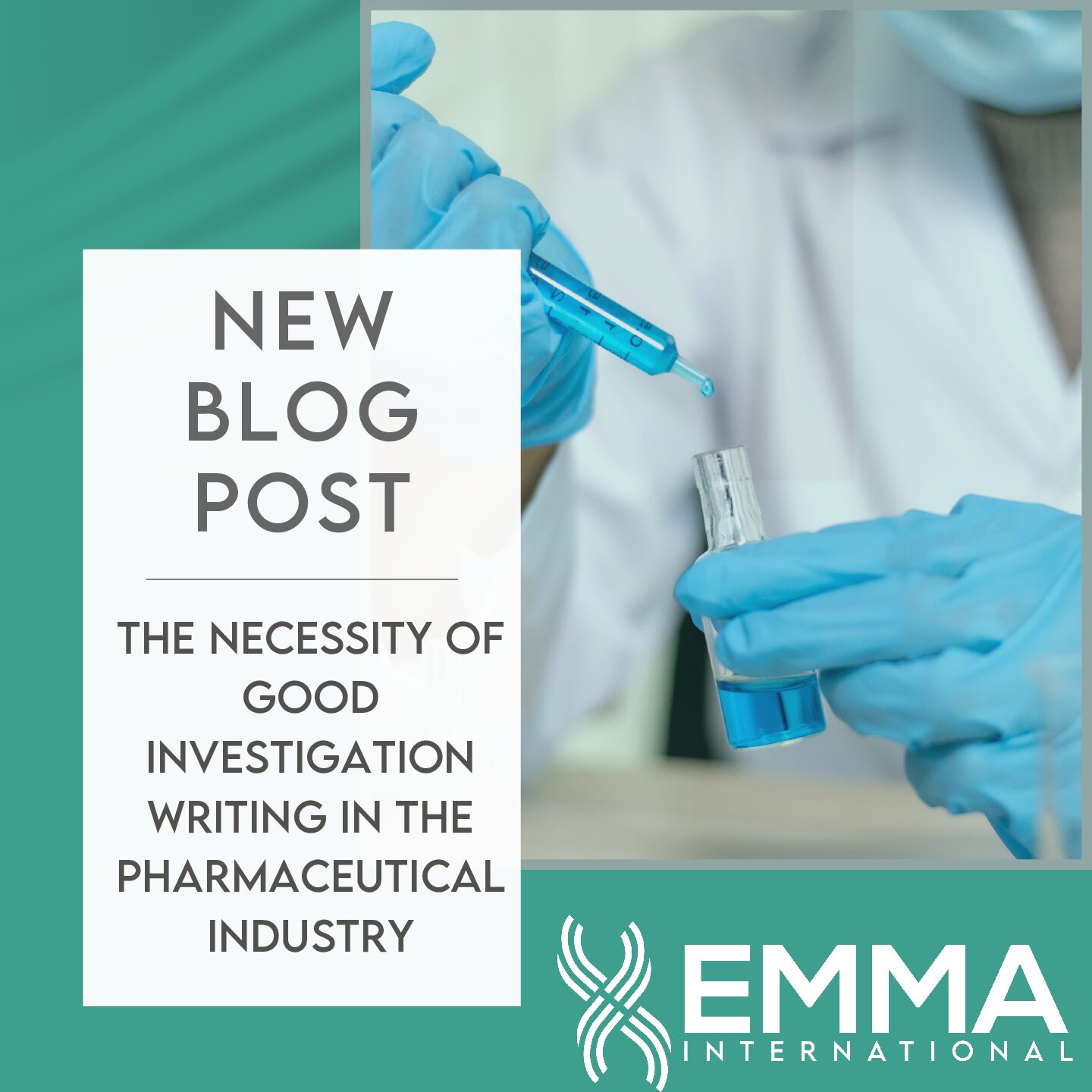In a previous blog from a few months ago on the update in the De novo pathway, we shed some light on the prices introduced through the MDUFA IV for the De Novo process. Additionally, the blog discussed how the release of the FDA guidance on Breakthrough Devices Program will help med tech developers expedite the entry of their devices aiming to treat or diagnose life threatening diseases into the market.
Another effort taken by the FDA to ensure that the US healthcare industry doesn’t remain stagnate is to use the strong arm that the digital world can offer via the launch of the Digital Health Innovation Action Plan in Summer 2017. Also, a new proposal was put forth aimed at the creation of a Center of Excellence for digital health in the year 2019 to expedite the clearances of digital healthcare technologies.
The FDA is taking steps to renovate their regulatory approach to help the technology world in culminating significant progress in the healthcare world, yet maintaining the core mission of the agency of protecting and promoting the public health. The clearance of the iWatch apps for monitoring the electrocardiogram EKG and detecting irregular heart rhythm through the De Novo process is one such example of FDA’s continuous efforts in embracing the digital world, said FDA commissioner, Dr. Scott Gottlieb and CDRH Director, Dr. Jeff Shuren in a statement released by the FDA in September 2018.1

Image source: Forbes (September 2018) Apple Watch Series 4: When Will The Brilliant ECG Feature Arrive In The States And Worldwide? Retrieved on 11-02-2018 from https://www.forbes.com/sites/davidphelan/2018/09/27/apple-watch-series-4-when-will-the-ecg-feature-arrive-in-the-states-and-worldwide/#616a9bf3a099
De Novo is a pathway that allows device manufacturers to bring their low/moderate risk medical devices to market when there is a lack of a medical device to prove substantial equivalence. It is imperative to note that manufacturers still need to follow the special controls to assure the safety and effectiveness of the device.
In the guidance document addressing the De Novo classification process, which was released in October 2017, CDRH specified that at any point of time if there are more than one De Novo submissions for the same type of device concurrently under review, then after the first De Novo is granted, all the other submissions under review will be notified that a predicate has been established. Accordingly, device manufacturers/developers will be given an opportunity to withdraw their De Novo application, establish substantial equivalence with appropriately referencing their original De Novo, and subsequently submit a 510(k).2 Sadly, this also means that all the rejected applicants will be out the cost of their De Novo submission fee, which is $93,229.
Moreover, another point made by the FDA in the guidance document was that De Novo requests for a medical device are granted in contrast to a PMA getting an approval and a 510(k) getting a clearance. A device seeking entry to market through the de novo pathway may still be classified as Class II in terms of risks but wouldn’t have gone through the rigorous testing required for an approval, or the testing required to be performed on a similar predicate device to gain clearance.
Apple’s entry into the healthcare arena might attract more and more big players of the technology world to follow. The rising need and the trend to stay fit has also made the public to be more health-conscious in general, and technologies can bridge the gap between an everyday device and a medical device.
If we are to anticipate the growth of the digital healthcare industry, the De Novo pathway can gain momentum and will become a very popular route, given the lack of substantially equivalent predicates on the market today.
To read more about FDA’s statement by Dr. Gottlieb and Dr. Shuren, visit:
https://www.fda.gov/NewsEvents/Newsroom/PressAnnouncements/ucm620246.htm
For additional information on the De Novo pathway, visit:
https://www.fda.gov/downloads/MedicalDevices/DeviceRegulationandGuidance/GuidanceDocuments/ucm080197.pdf
To see if De Novo is the right path for your device, Call (248) 987-4497 or send an email to info@emmainternational.com.
1 FDA ( September 2018) Statement from FDA Commissioner Scott Gottlieb, M.D., and Center for Devices and Radiological Health Director Jeff Shuren, M.D., J.D., on agency efforts to work with tech industry to spur innovation in digital health retrieved on 11-01-2018 from https://www.fda.gov/NewsEvents/Newsroom/PressAnnouncements/ucm620246.htm
2 FDA (October 2017) De Novo Classification Process (Evaluation of Automatic Class III Designation) retrieved on 11-01-2018 from https://www.fda.gov/downloads/MedicalDevices/DeviceRegulationandGuidance/GuidanceDocuments/ucm080197.pdf






